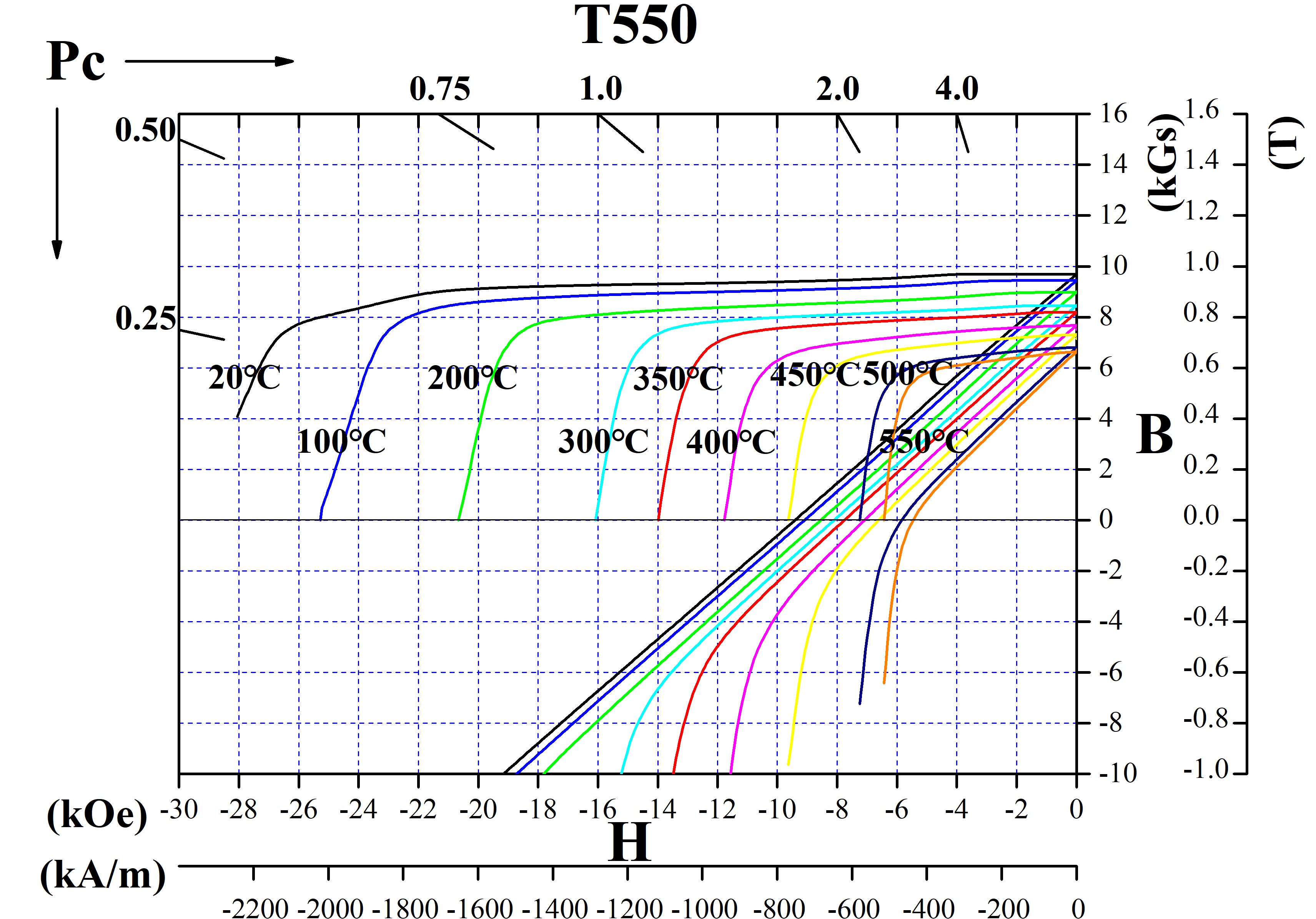Get the best futuristic stories straight into your inbox before everyone else!
Get the best futuristic stories straight into your inbox before everyone else! Arc Magnet

Get the best futuristic stories straight into your inbox before everyone else!
Get the best futuristic stories straight into your inbox before everyone else!
Nature is in the wrong direction.
Neodymium is an element, and in the absence of significant amounts of any other material, it exhibits glassy behavior in its crystalline state, in contrast to ordinary spin glasses where magnetic elements are randomly mixed. The spins form patterns that whirl like a helix, and this whirling is random and constantly changes.
A new type of behavior is observed in a magnetic material when heated up. Physicists at Radboud University discovered the phenomenon in the material neodymium, a material that is described as ‘self-induced spin-glass.’ The magnetic spins freeze’ into a static pattern when the temperature rises, a phenomenon that usually occurs when the temperature decreases.
Heating neodymium up from -268 C to –265 C, scientists found that the spins freeze into a solid pattern forming a type of magnet at the higher temperature. Cooling the material causes the random whirling helix patterns to return.
Alexander Khajetoorians, professor of scanning probe microscopy at Radboud University, said, “This ‘freezing’ of the pattern does not normally occur in a magnetic material.”
“Temperature increases the energy in a solid, liquid, or gas. The same holds for a magnet: spins start to shake with more temperature. We observed the magnetic behavior in neodymium is the opposite of what ‘normally’ happens. It’s counterintuitive, like water that becomes an ice cube when heated up.”
This type of phenomenon is very rare in nature. There aren’t many known materials that behave incorrectly. Another well-known example is the Rochelle salt, in which charges are randomly dispersed at low temperatures but stack up and create a systematic pattern at higher temperatures.

NdFeB Magnet © All Rights Reserved, Tech Explorist™